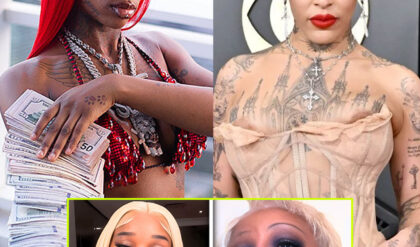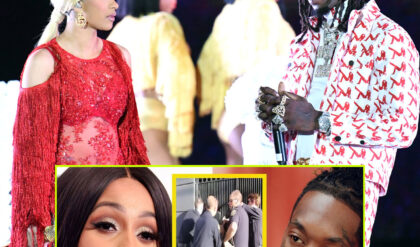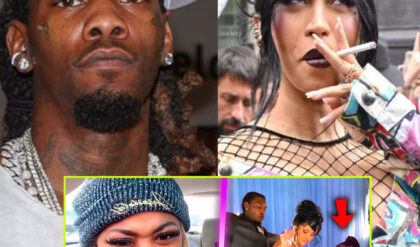The “nepo baby” debate has once again ignited on social media after Kim Kardashian and Kanye West’s eldest daughter, North West, made her stage debut in “The Lion King 30th Anniversary — A Live-to-Film Concert Event” at the Hollywood Bowl. 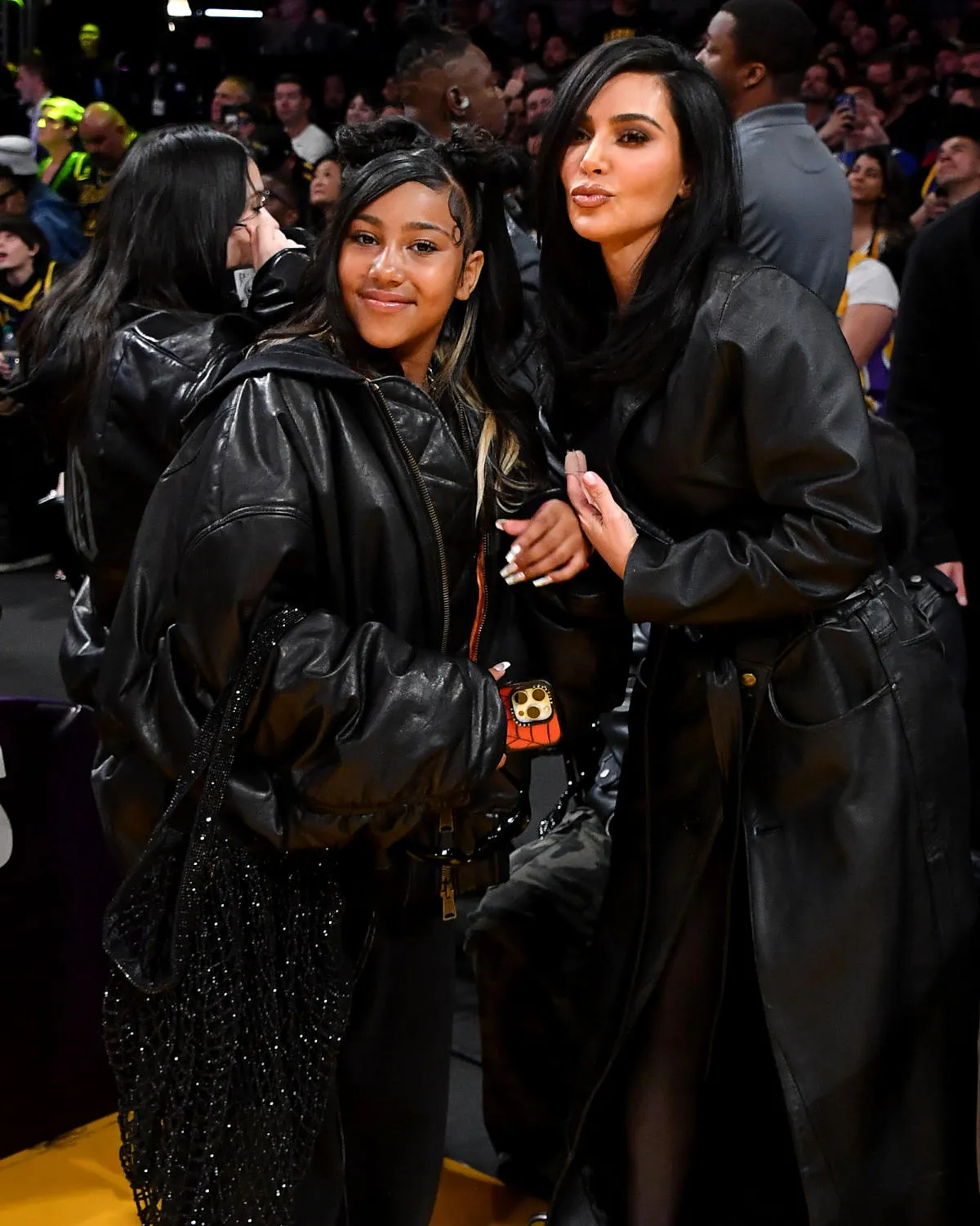
Ten-year-old North performed alongside renowned actors Jeremy Irons, Billy Eichner, and Jennifer Hudson, wearing a fuzzy costume designed by ERL. However, recordings of her performance posted on social media have drawn significant backlash from viewers who argued that North appeared unprepared for such a prominent role.
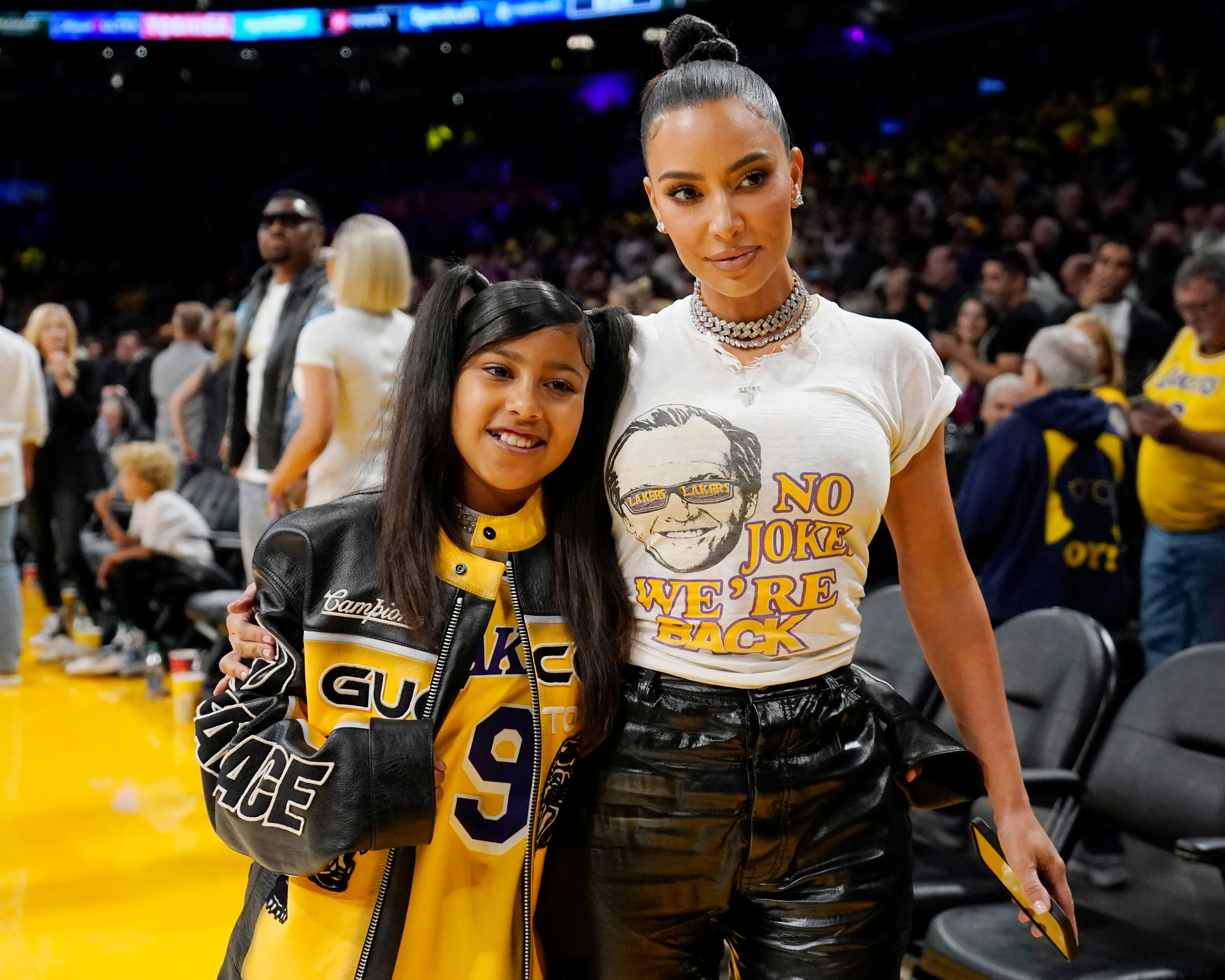
Among the critics were actor Rosie O’Donnell and singer and screenwriter Nick Atkinson, who expressed their concerns. Some pointed out the irony that the song North performed, “I Just Can’t Wait to Be King,” can be seen as an ode to nepotism.

Public outrage towards a wealthy child enjoying the perks of their privileged status is not unexpected. However, these discussions often misdirect personal blame in ways that are neither constructive nor fair.
It’s natural for any parent, regardless of their wealth, to want the best for their child. The desire to provide ample opportunities is inherent, making nepotism somewhat inevitable. This is where societal safeguards should come into play. Privileged parents exploiting their status to bend rules, exploit loopholes, or circumvent fair processes for their children should not be excused, even if their intentions are relatable.
Studies indicate that excessive parental pressure can harm a child’s mental health, leading to negative self-talk, body image issues, academic underperformance, and social withdrawal. While it’s possible that North wanted to perform, it’s also crucial that her parents prepared her for the possible negative aspects of fame, especially given the relentless nature of social media.
Societal fascination with the rich and famous further encourages wealthy parents to misuse their influence. Our culture’s obsession with celebrity children’s milestones fuels this behavior. Headlines like “Every Time We Applauded North West’s Sass” and “North West Looks Identical to Kim Kardashian in Their Latest Set of Twinning Photos” demonstrate this infatuation.
As a parent, I understand the urge to remove any obstacles from my child’s path. As someone from a non-elite background in the media industry, I empathize with those angered by the advantages freely given to children like North West.
To create equal opportunities for all children—whether they are theater kids, low-income kids, athletic kids, science kids, LGBTQ+ kids, kids with disabilities, rural kids, or inner-city kids—we must focus less on criticizing parents who exploit the current system and more on changing that system to ensure fairness for all.
News
“This will be my last EURO, of course” – Cristiano Ronaldo drops big admission after missing penalty during Euro 2024 Round of 16 win vs Slovenia
Portugal captain Cristiano Ronaldo missed a penalty in the Euro 2024 Round of 16 win over Slovenia. Portugal captain Cristiano Ronaldo has said that he’s playing in his last European Championship after leading his team to a Euro 2024 Round…
(VIDEO) Nicki Minaj exposed what made her break-up with Meek mill after catching him with Diddy having s*x
Recent allegations surrounding Diddy and Meek Mill have sparked intense speculation within the hip-hop community. With fans theorizing about Nicki Minaj’s potential awareness of Diddy’s supposed relationship with Meek Mill years before the latest claims surfaced. The unfolding drama has…
(VIDEO) Ellen DeGeneres LEAKS Diddy’s Affair With Twitch | Diddy K**LED Twitch?
In the whirlwind of Hollywood’s glitz and glamour, the recent events surrounding Ellen DeGeneres, Sean “Diddy” Combs. And the late Steven “Twitch” Boss have sent shockwaves through the entertainment industry, leaving fans and observers alike reeling with speculation and intrigue….
(VIDEO) Kim Kardashian EXPOSES Travis Kelce For CHEATING On Taylor Swift With Her..
In a surprising turn of events, Taylor Swift has taken aim at Kim Kardashian in her latest song, “Thank You Amy,” from her newly released albums. The song’s title itself seems to be a not-so-subtle reference to Kim, with the…
(VIDEO) Kanye West Leaks FreakOff Video Between Kim Kardashian, Diddy & Meek Mill
In the world of celebrity drama, few names command attention like Kanye West and the Kardashian-Jenner family. Recently, Kanye’s Twitter feed has become a battleground of explosive allegations, dragging his ex-wife Kim Kardashian and her mother, Kris Jenner, into the…
Kylie Kelce Gives a Nod to Taylor Swift With Heartwarming Video of Daughters Wyatt and Bennett (VIDEO)
TikTok that showed two of the couple’s kids getting studious. First, Wyatt can be seen with a book in her lap as she perches on top of the family’s couch, before the camera shows Bennett flipping through a picture…
End of content
No more pages to load








